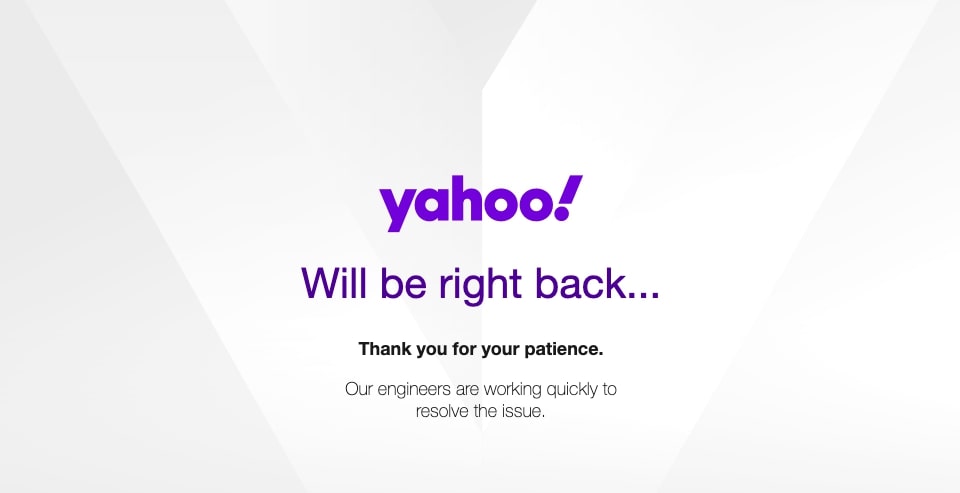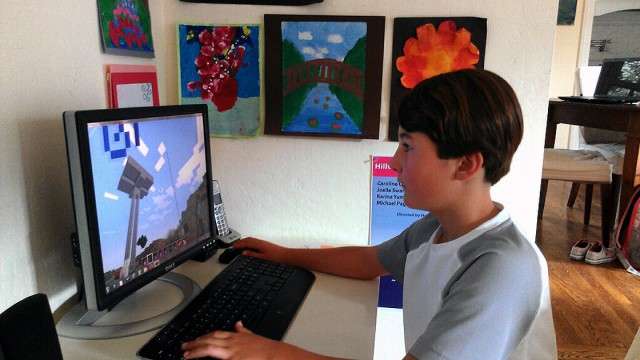Basic to Advanced Questions Commonly Asked in Project Manager Interviews
If you want to be a project manager, you will almost certainly have to go through an interview with a hiring team.
It is critical to be able to convey your technical and soft skills so that a hiring manager develops faith in your ability. In a project manager interview, you will most likely be asked about your interpersonal and problem-solving skills, technical understanding, and how you would handle various scenarios.
Preparing for the interview is an important part of performing well in it.
Through this guide, prepare for your project manager interview by reviewing the top interview questions for project managers. Get access to sample replies as well as the interviewer’s expectations.
Project Management Interview Questions
Please tell me about yourself
A standard interview question is a wonderful approach to breaking the ice and starting a conversation. However, the recruiter will try to glean vital information from you, such as your previous experiences, skills, and education. you can learn vital information about the candidate’s previous experiences, talents, and education.
You can also set yourself as a suitable candidate by reviewing the job description and discreetly including details that they prefer from employees. They may ask you specific questions about your job expectations. Try to be honest and reply to the questions with professionalism and simplicity.
How would you define an ideal project?
This is one of the most significant project management interview questions because it nudges you to reveal what kind of projects you want to work on. By answering this question honestly, you open the door to managing initiatives that interest you or in which you thrive.
Your response should cover a variety of topics, such as whether you prefer to work in a team or alone, what type of deadlines you prefer, whether you are interested in new and creative projects, and so on.
In the post-COVID-19 world, working from home has become the new normal.
How well prepared are you to manage a remote team?
In today’s world, project managers frequently select their teams from a worldwide labor pool and are expected to manage teams remotely. You should have the knowledge and ability to collaborate digitally with team members. It necessitates a new management strategy.
Your response to this project management interview question should clearly outline the project management methodology you intend to use to manage people and resources in a remote setting.
Have you ever managed a remote team?
Not all projects are completed under the same roof, and remote teams are quite typical. With more dynamic project management tools and a worldwide workforce to choose from, many project managers collaborate with teams via project management software.
If you have not, it is better to be out with the truth that twists it or lies. If you have, try to explain in detail these points in priority:
- Management strategy
- Issues that you resolved
- Success stories or achievement figures
What is your approach to task prioritization in a project?
Prioritization, regardless of project size or scope, is a fundamental idea that impacts project success and timeliness. If your interviewer asks you about prioritization, explain how you distinguish between urgency and importance. You can explain how you decide what is important and discard what isn’t.
This project management interview question is also designed to assess your flexibility and adaptability when managing a project. Your response should demonstrate that you understand when to say no during the assignment, and how effectively you can focus on the task at hand.
How will you deal with scope creep?
The project manager’s primary responsibility is to guarantee that the project stays within the allocated budget and deadline. Scope creep refers to modifications that cause the team to fall short of its initial goals. Your response can inform the interviewer about your ability to manage resources.
Conclusion
While it is important to be confident and well-spoken, it will greatly benefit you if you prepare your answers beforehand. Be it general questions or situational, you can sketch out your answers so that you are not completely lost while answering.
However, make sure that you do not deliver scripted answers, as it will seem inauthentic to recruiters. It also helps to do a fair bit of research about the company in order to appear as their ideal candidate. You can deliver solutions or show how you can contribute by knowing a bit about the company.










